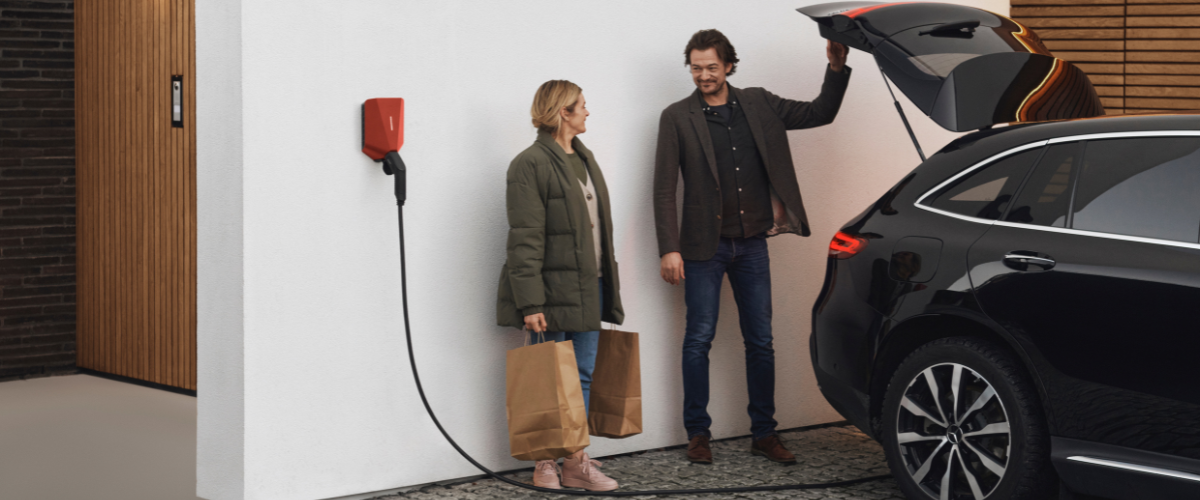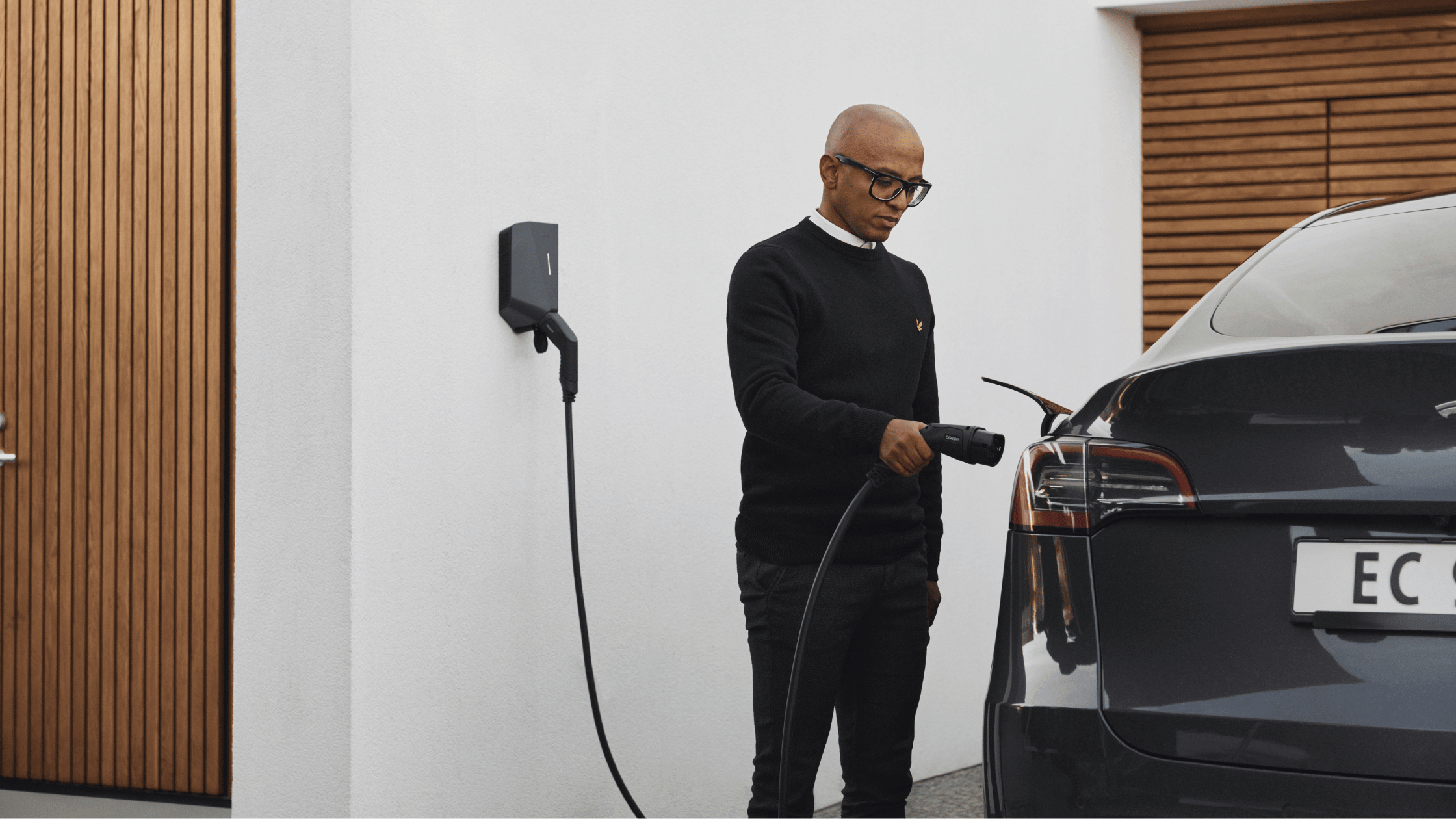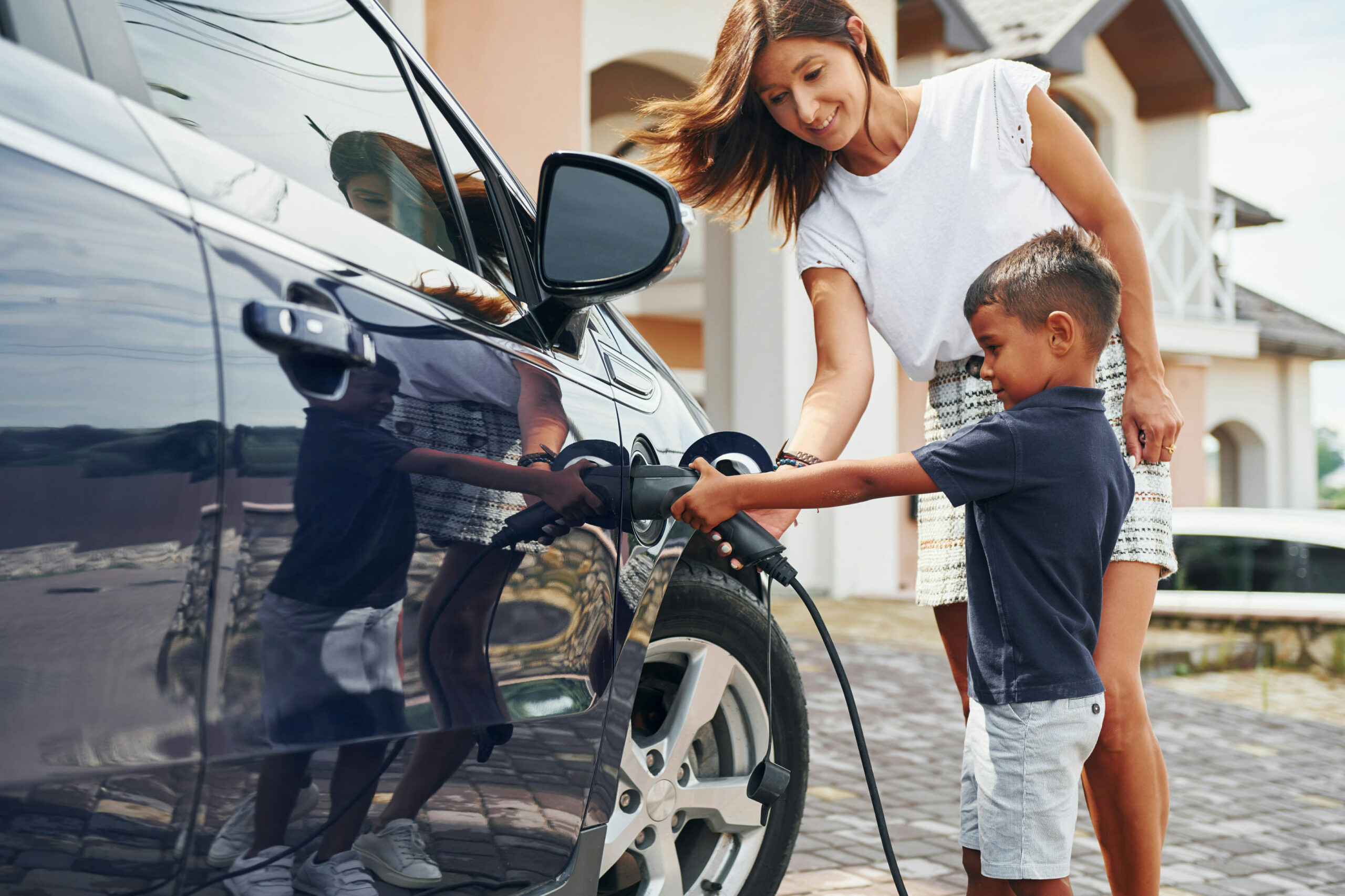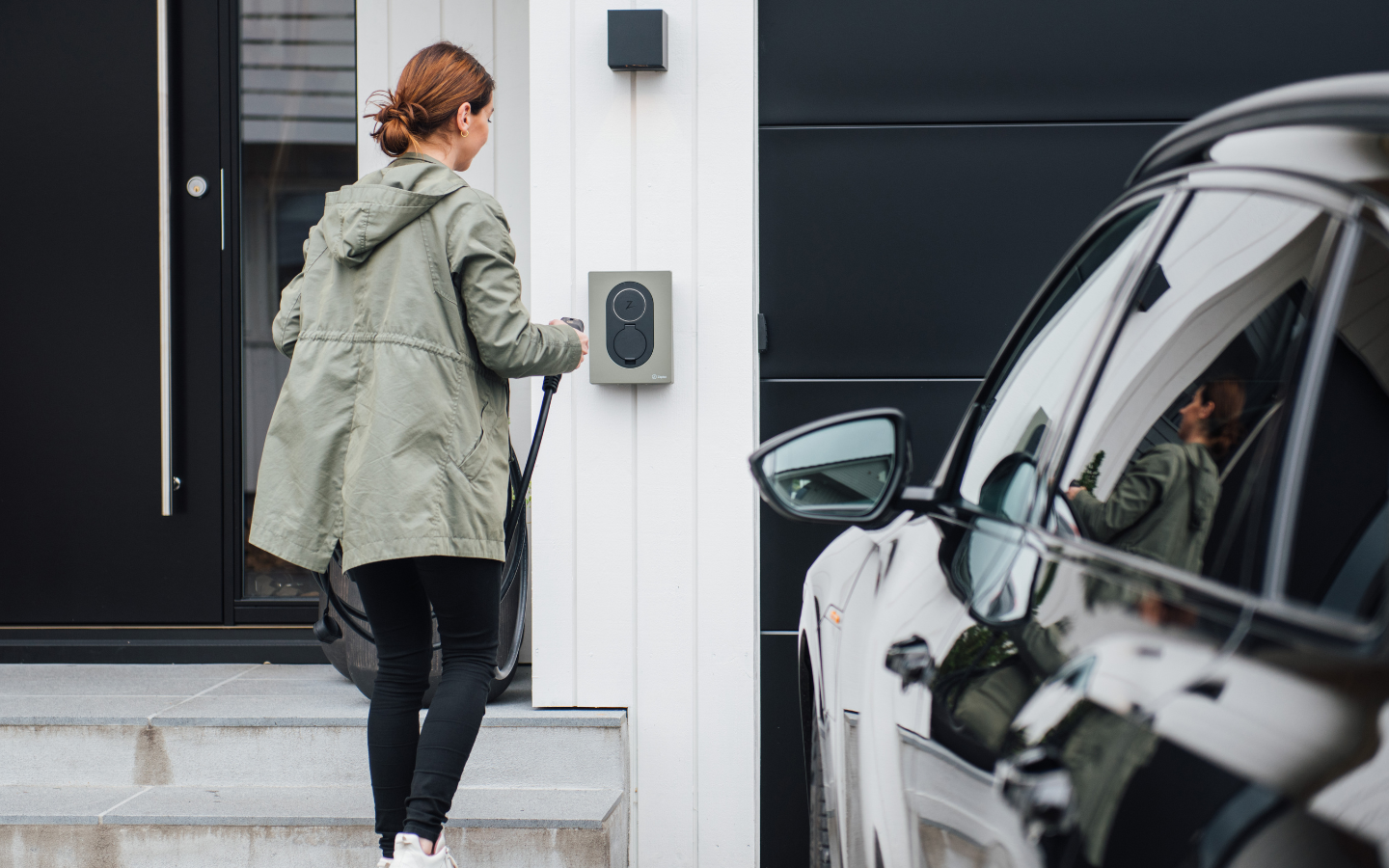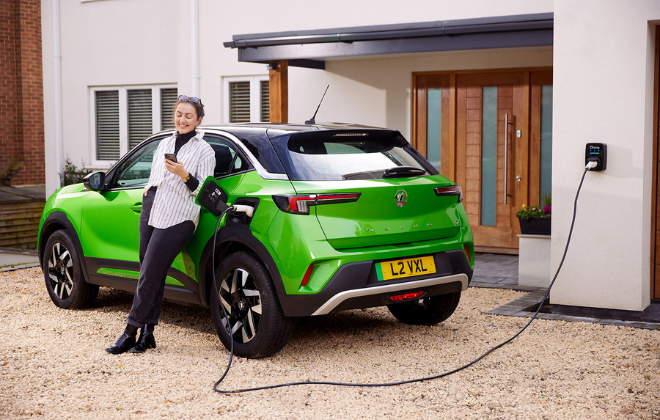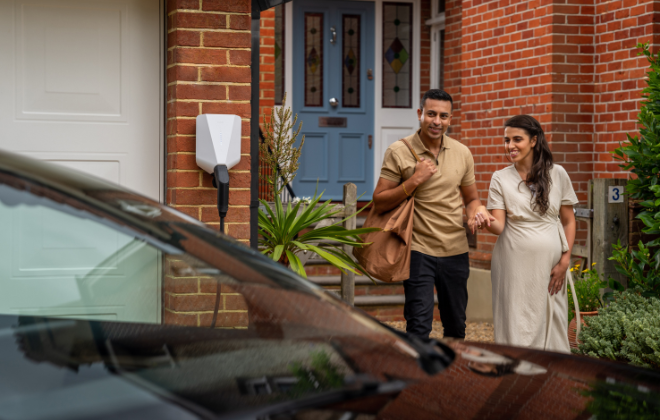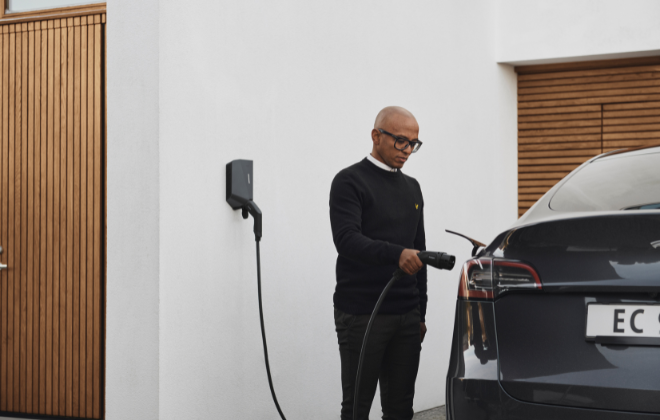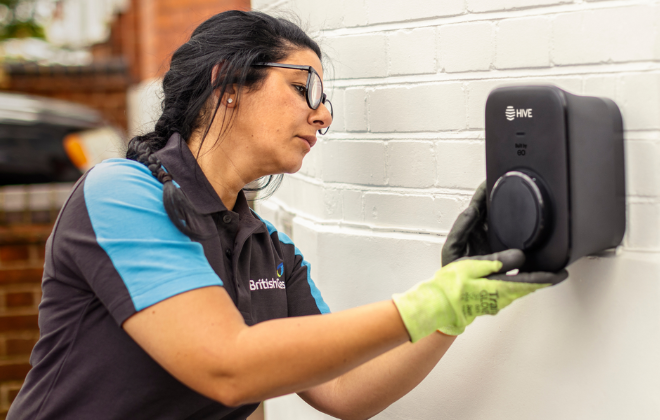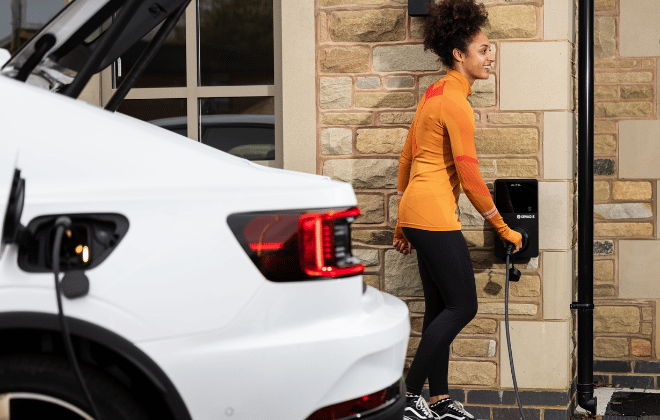

Do electric cars come with charging cables?
Do electric cars come with charging cables?
If you’re considering purchasing an electric vehicle, one question that may come to mind is, do electric cars come with charging cables?
It’s often assumed that a charging cable will come with an electric vehicle, and while it’s highly likely that your EV will come with a charging cable if it’s brand new, it’s important to be aware that this is not always the case – especially for second hand electric cars.
Let’s take a closer look at the factors that determine whether electric cars come with charging cables.
Do new electric cars come with charging cables?
New electric cars in the UK typically come with at least one charging cable that can be used to connect the vehicle to a charging point. However, the number of cables and the specific types of cables provided may vary depending on the make and model of the car. For example, the electric MINI comes with two charging cables, a three-pin plug and a Type 2 charging cable.
When searching online, finding the specific cables each car will come with isn’t easy. As such, it’s always a good idea to check with the manufacturer or dealer to confirm what charging equipment is included with a new electric car purchase.
Additionally, some electric car manufacturers offer optional or upgraded charging cables, so it’s worth considering whether these options could benefit your charging needs.
Do second-hand electric vehicles include charging cables?
It all depends on the specific seller and the condition of the second-hand electric car as to whether second-hand electric vehicles include charging cables. In general, when initially purchased new, most electric cars come with a charging cable. However, if the previous owner has lost or damaged the original charging cable, there is the risk that the charging cable may not be included with the second-hand electric car.
If you purchase a second-hand electric vehicle, we recommend contacting the seller to see whether they will supply a cable with the car and confirm what is included in the sale. Some sellers may include the charging cable as part of the sale, while others may sell it separately or not include it at all.
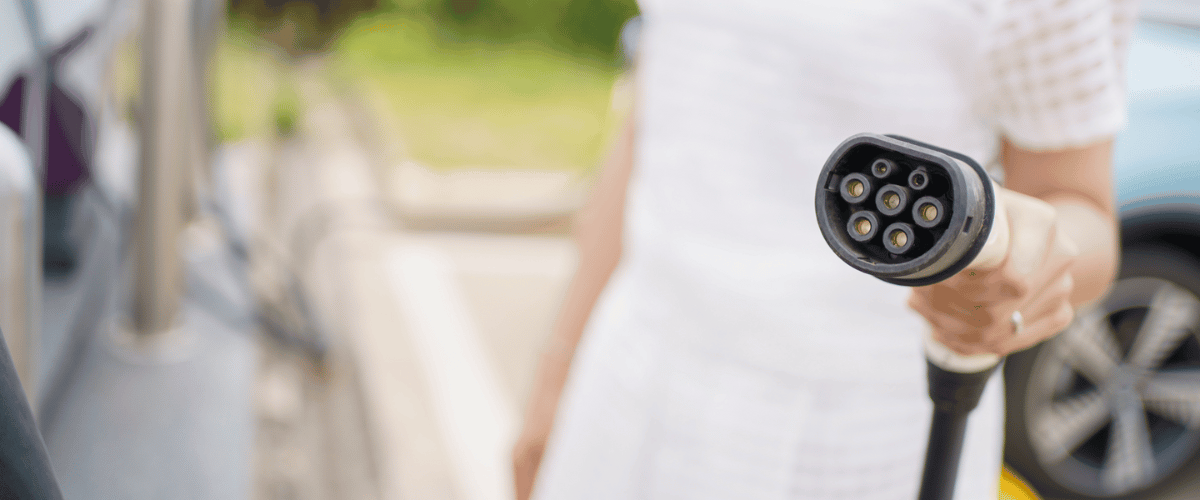
What types of charging cables could your car come with?
Several types of charging cables can come with an electric car, depending on the make and model of the vehicle and the type of charging infrastructure it is designed to work with. Here are some of the most common types of charging cables:
3-Pin Plug EV charger:
A 3-pin plug electric car charger, also known as a Level 1 charger, is a type of electric car charger that can be plugged into a standard 3-pin domestic household socket. It’s the slowest and least powerful type of electric car charger.
While a 3-pin plug electric car charger is convenient because it can be plugged into any standard domestic socket, it’s not recommended for regular use, as it can lead to overheating and other electrical issues. As such, we only recommend using this type of charger for emergencies.
Read our blog to find out more about 3-pin plug chargers.
Type 1:
A Type 1 charging cable has a plug on one end designed to connect to the charging port on an electric vehicle with a Type 1 inlet. The other end of the cable typically has a standard Type 2 plug that can be connected to a domestic or public charging point. A type 1 charger is typically rated for a maximum charging power of 7.4 kW.
It’s worth noting that newer electric vehicles usually use Type 2 charging ports instead, so it’s essential to check which type of charging cable is compatible with your specific vehicle.
Type 2:
A Type 2 charging cable has a plug on one end designed to connect to the charging port on an electric vehicle with a Type 2 inlet. The other end of the cable has a Type 2 plug that can be connected to a domestic or public charging point. Most electric vehicles now use a Type 2 charging cable and are typically rated for a maximum charging power of up to 22 kW, depending on the specific car and EV charging station.
Read more about the differences between Type 1 and Type 2 connectors.
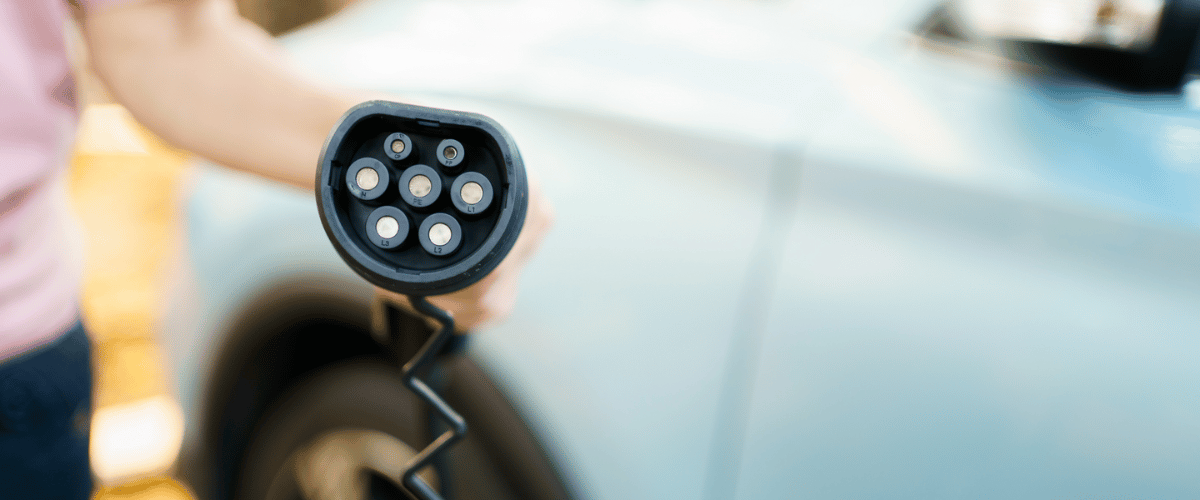
If my electric car does not come with a cable, can I buy one separately?
Yes, car charging cables can be bought separately if one doesn’t come with your EV. Many companies and retailers that specialise in selling electric vehicle charging equipment and accessories, including charging cables.
When buying a charging cable separately, ensuring it meets safety and quality standards is crucial. There are a lot of cheap charging cables available online, but it is worth investing in a high-quality cable that is safe and will last.
You should also consider the power rating of the charging cable you buy. For example, some charging cables can only charge at 3.6 kW (16 amps). However, newer electric vehicles can charge at 7.4 kW (32 amps) on a single-phase supply, and some can even charge at 22kW on a three-phase power supply.
As such, you should consider your vehicle’s maximum charging speed when buying a charging cable. We recommend purchasing a charging cable capable of charging at 7.4kW or 22kW, which will futureproof you if you ever upgrade your vehicle.
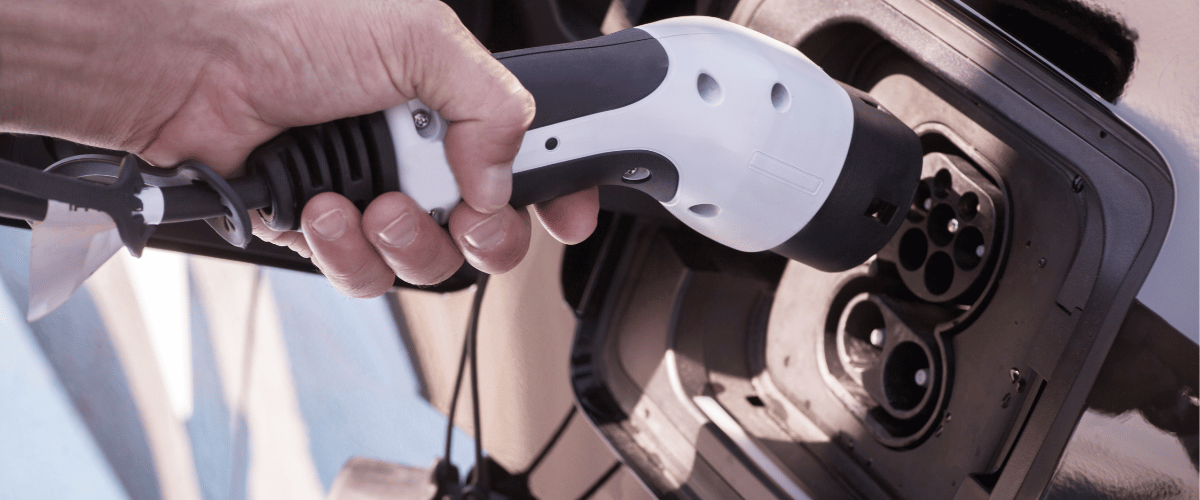
What charging cable do I need to use?
When buying a charging cable separately, it’s essential to ensure that it’s compatible with the make and model of your electric car and the different types of infrastructure you plan to use when charging your electric car.
Typically, all modern charging cables come with a type 2 connector on one end of the cable, as most electric vehicle charger sockets are type 2. However, the other end of the cable, the one that goes into the car, requires some consideration.
There are two types of cables typically sold in the UK, Type 1 and Type 2, so checking which type of cable your electric car requires before purchasing is essential. For example, a Mitsubishi Outlander PHEV is a type 1 vehicle, so it requires a type 1 charging cable.
The type of charging equipment you intend to use is also very important. Most home or public EV fast chargers are untethered (socketed) with a type 2 socket. As such, you will need your own cable to connect your car to the charging unit. Therefore, you must ensure that the charging cable you buy is compatible with the charger. For instance, the Easee One home charger has a Type 2 socket, meaning that if you own a Type 1 vehicle like the Mitsubishi Outlander PHEV, you will need to purchase a Type 1 charging cable with a Type 1 connector on one end and a type 2 connector on the other.
Overall, if you plan on charging at home or using a public charger, you must ensure the charging cable you purchase is compatible and covers all bases.
Conclusion
In conclusion, the answer to whether or not EVs come with a charging cable is not straightforward as it t depends on various factors, such as the car model, manufacturer, and whether the vehicle is new or second-hand. Typically, new electric cars come with at least one charging cable, but the specific type and number may vary.
On the other hand, second-hand electric cars may or may not come with a charging cable, depending on the seller and the car’s condition.
If an electric car does not come with a cable, it is possible to purchase one separately from reputable retailers, but it’s vital to ensure that the cable meets safety and quality standards and is compatible with the vehicle’s charging capabilities.
Therefore, it’s always a good idea to check with the manufacturer or dealer to confirm what charging equipment is included with a new electric car purchase and with the seller when buying a second-hand electric vehicle.
Interested in a home EV charger?
With engineers across the UK, we can install a home electric car charger wherever you are – with fast lead times. If you want a home EV charger installation, click below to get your free quote, or contact us for unbiased advice and information.
For more information and our latest updates, follow us on Facebook, Instagram, Twitter, LinkedIn and YouTube.
related articles_
Stay up to date on the latest from We Power Your Car_
I consent to receive newsletters from We Power Your Car. Please see our Privacy Policy
